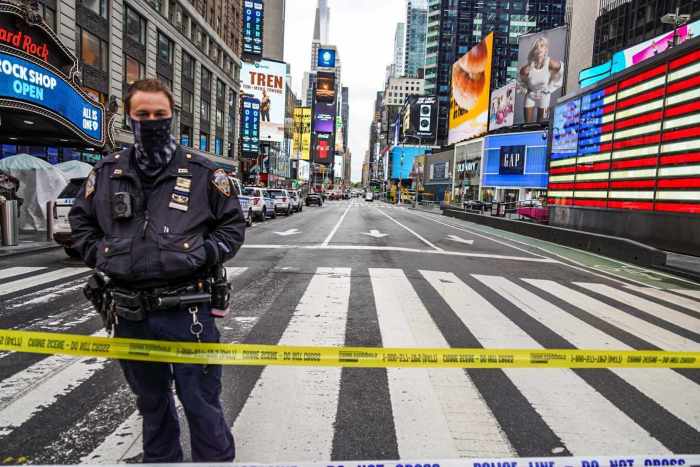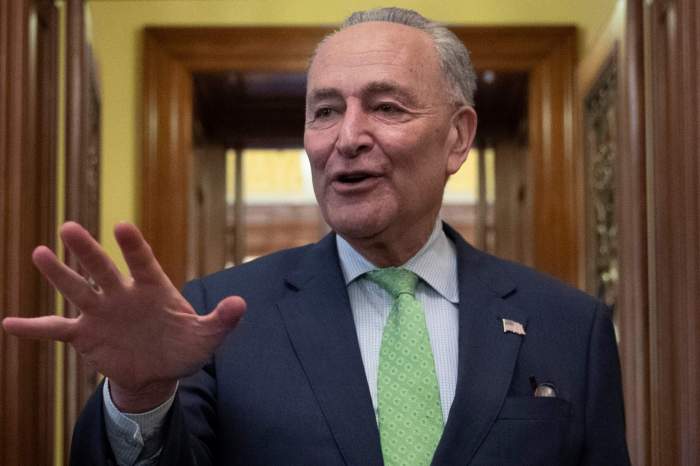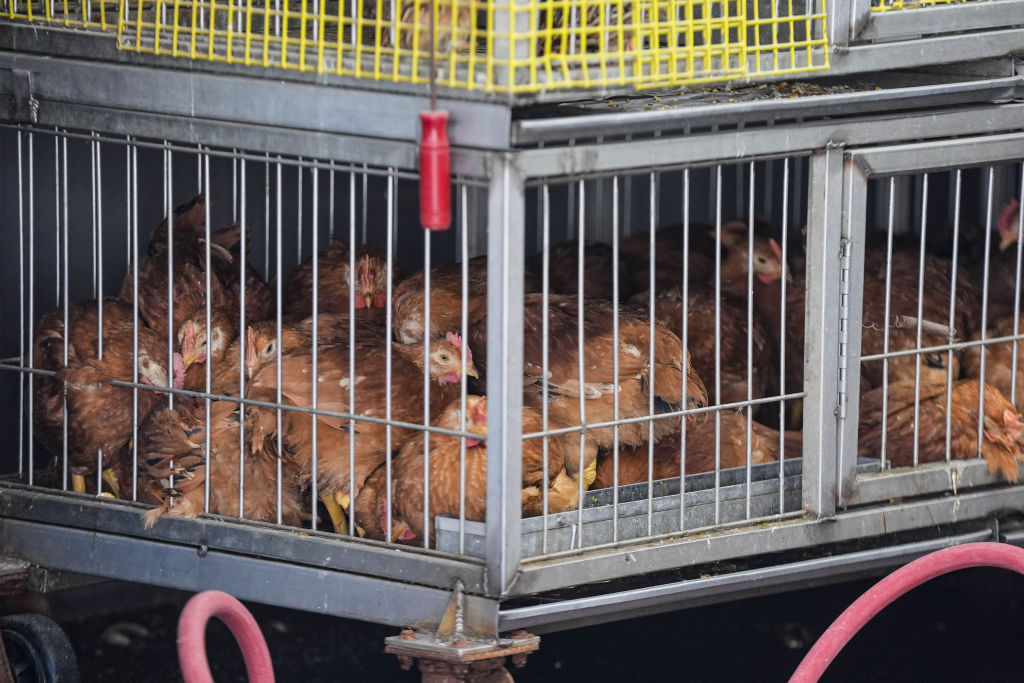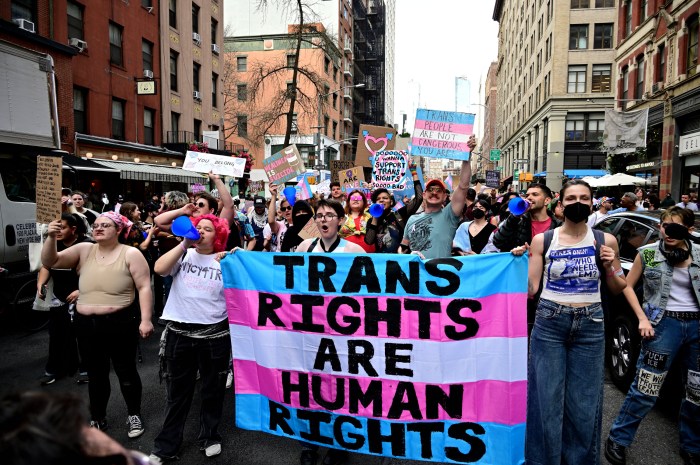Just under 100 education advocacy groups sent a joint letter last week asking Mayor Bill de Blasio to fix the city’s shortage of preschool special education seats by boosting the salaries of Department of Education-contracted pre-k special education teachers to be on par with their general education counterparts.
Although many preschoolers with disabilities take part in 3-K and Pre-K for all programs, some special needs children attend privately-run preschools across the city in order to receive federally mandated services.
At these preschools, special education teachers are paid mostly through the state and in part by the City, and make roughly $30,000 a year less than their general education colleagues who paid through city contracts, according to Advocates for Children of New York.
As a result, the turnover rate among special education preschool teachers is high with about one in four educators taking a job as a general education teacher every year, according to Chris Treiber, executive director of children’s services at the nonprofit Interagency Council.
Josephine Okungu, a special needs pre-k teacher at the Cuomo First Step Early Childhood Center in Richmond Hill, Queens, became one of those teachers in January after her husband was laid off from his job at a major news outlet as a result of the pandemic.
The decision to leave her class of eight was doubly hard for Okungu who is also a mother of a special needs child. She understands from personal and professional experience how special education students can struggle with changes to their day-to-day lives.
“I had been there for so long and I left in the middle of the school year, there is nothing as bad as that,” Okungu said. “It’s not anything I would want my own child to experience.”
The high turnover rate caused in part by the appeal of making more money at a general education job is part of the reason why so many young children with disabilities have to wait for services. Last year, about 1,200 children with disabilities were left waiting for a pre-k seat, according to a recent analysis from AFC.
Some advocates, like Treiber, worry that if nothing is done to bring special education preschool teacher salaries up this year, the number of children waiting for a seat could grow.
Although the city’s proposed budget includes millions of dollars of increased funding, none of it would be seen until 2023 and advocates worry that if nothing is done to boost special education teacher salaries more children will be left waiting for essential services.
“A lot of our programs right now don’t have enough teachers to teach all the classrooms but because all the kids aren’t in the building they have been able to manage,” Treiber told amNewYork Metro. “A lot of directors are telling me they are concerned about what might happen this fall.”
In response to the June 24 joint letter, a DOE spokesperson indicated that the advocates would ultimately get their wish of higher salaries for preschool special education teachers.
“Our early childhood special education teachers are critical partners, serving thousands of New York City children with disabilities each year, and achieving pay parity for these educators is a priority,” said DOE spokesperson Sarah Casasnovas. “The City’s investment in preschool special education will increase salaries for these teachers, bringing us one step closer to pay parity for all and enabling programs to add hundreds of new seats for preschool students with disabilities.”




































